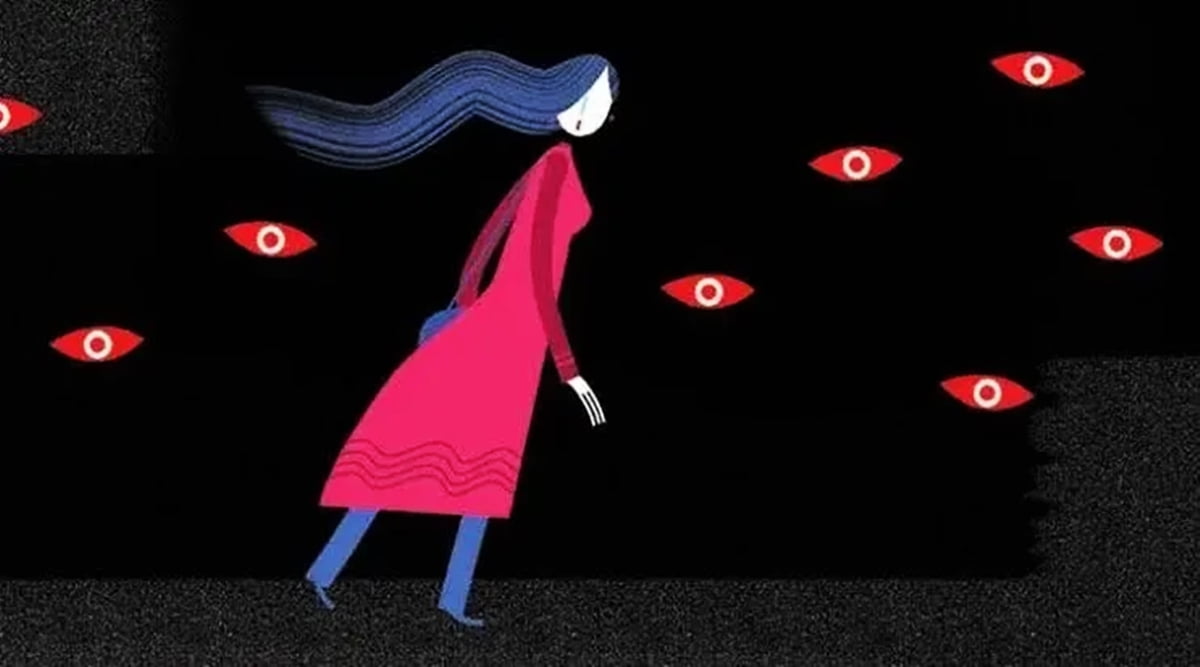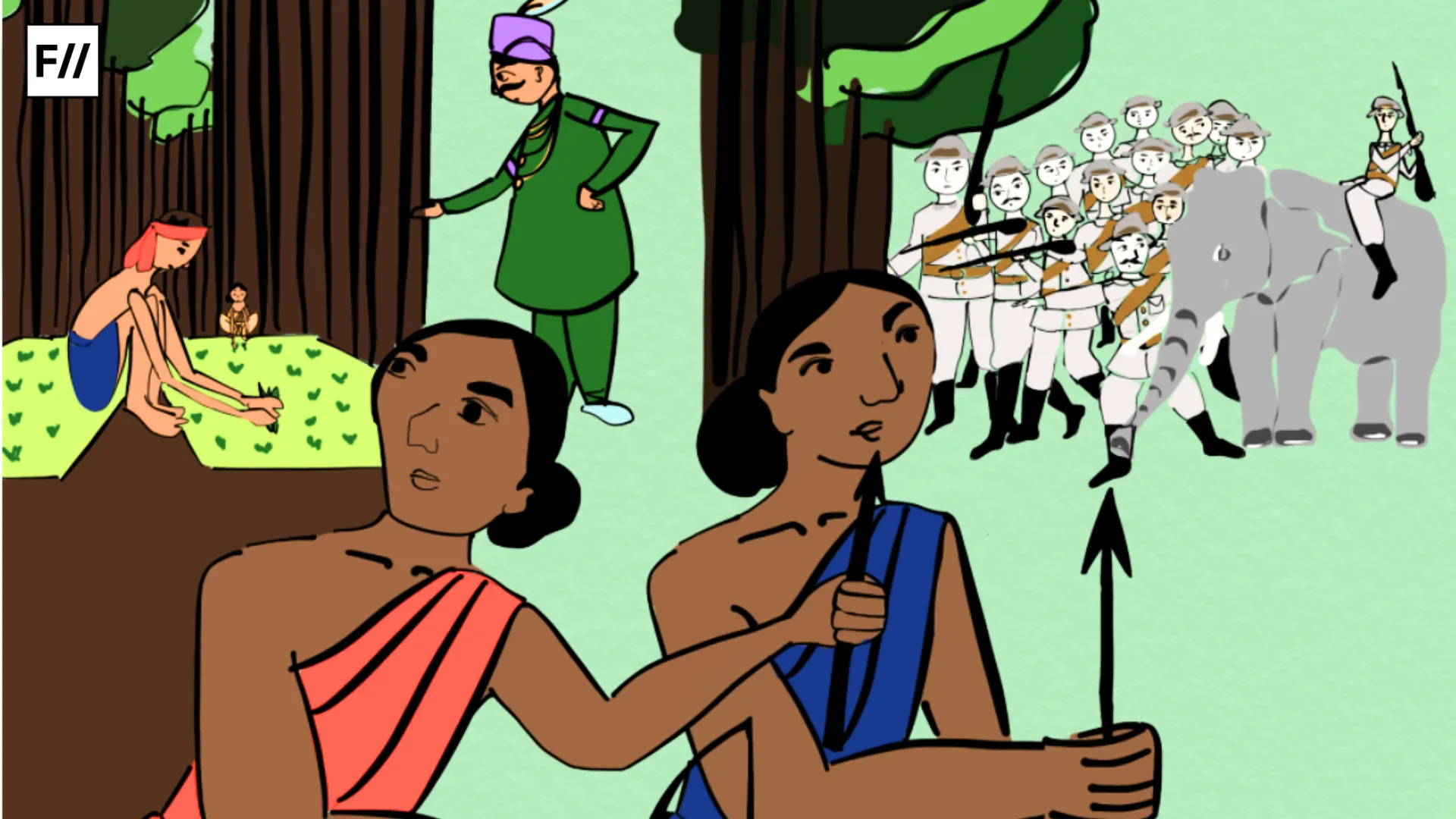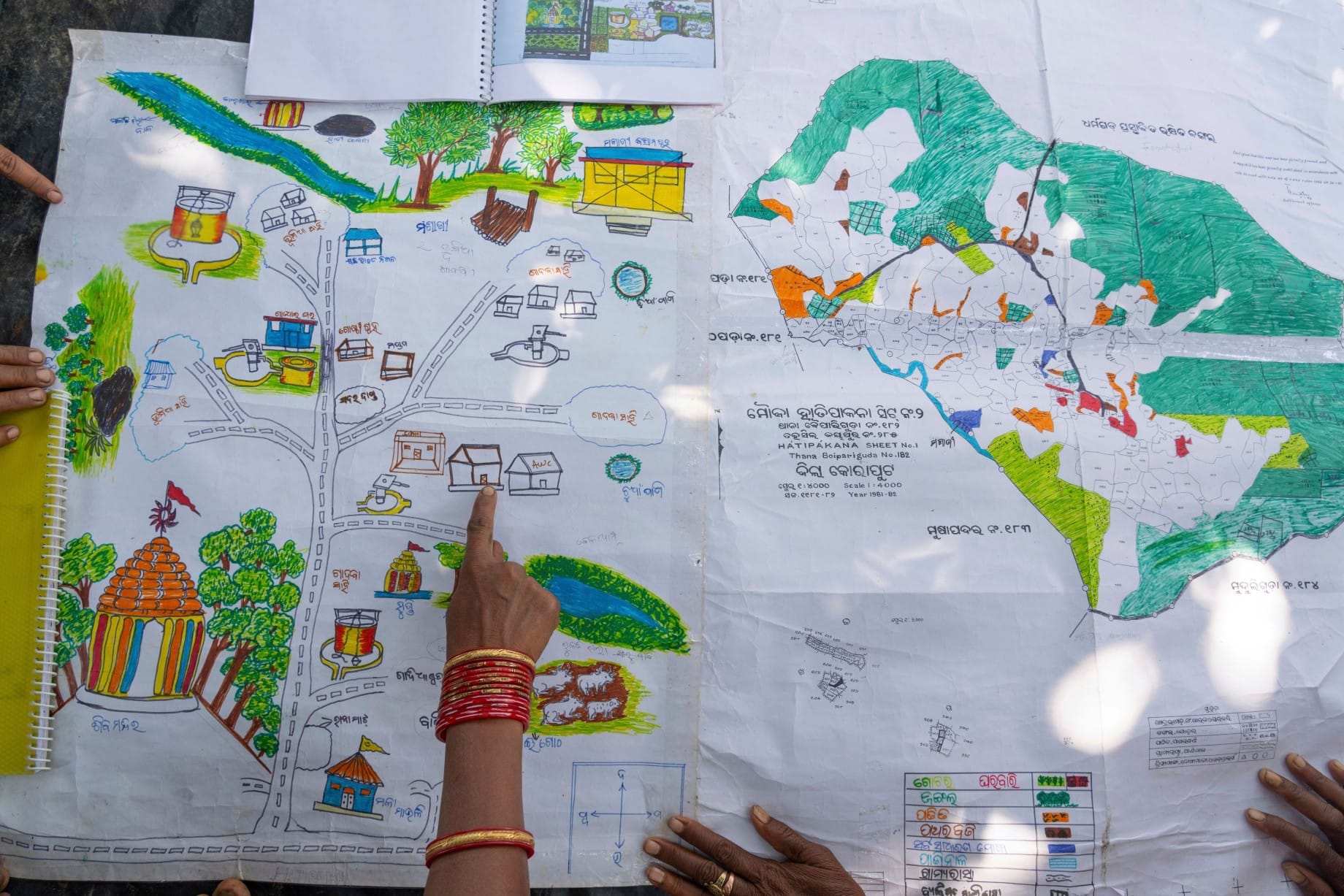Posted by Nisha Besra
On my first day of college, when I was going through my admission process, there were seniors who were helping us with all the procedures and queries. Among them there was this one senior who came up to me and asked, “Hey, where are you from” ? I replied, “I come from Jharkhand,” and then she gave me a weird look. I never really knew at that point of time that I would be receiving such looks very frequently in the near future.
This look followed me from the college to the Paying Guest (PG) accommodation where I sought a room. Here, too, I was asked where I had come from. When I replied, “Jharkhand”, the proprietor said, “Oh, that might be a village area no?” I didn’t really say much because yes Jharkhand being a tribal state consists of villages, most appropriately kaccha houses. I also did not retaliate because I was very shy, timid, and low on confidence at that time. I was experiencing alienation and being judged for my background for the first time in my life. I was just too stunned to reply back.
Some days later came the orientation day at college. All the students gathered at the sports complex where we were given a warm welcome by the administration and the seniors. The vibe was jovial but I was unable to partake in it due to my previous experiences. I stood in a corner, too shy to talk to anyone. However, as my eyes travelled around the place, I noticed that there was another girl standing alone. I approached her and we started conversing. We chatted for a bit, had lunch together, and exchanged our phone numbers. Finally I succeeded in making my first friend in the city.
Also read: Lessons On Gender Equality From The Dowry-Free Adivasi Communities Of India
Here, I should mention that on the first day of class at my college, we had to partake in an introduction round. I expected people to judge me but while some people did assume things about me, others did not. At first I did not understand why a few people acted weird towards me. It took me about two weeks to identify the confusion. After meeting and speaking with several people I realized that the color of my skin was behind it. People were not able to identify my background because of it. Some people thought I am from southern India. You see, a majority of tribals from Chota Nagpur plateau, like myself, are dark in color.
At first I did not understand why a few people acted weird towards me. It took me about two weeks to identify the confusion. After meeting and speaking with several people I realized that the color of my skin was behind it. People were not able to identify my background because of it. Some people thought I am from southern India. You see, a majority of tribals from Chota Nagpur plateau, like myself, are dark in color.
I also remember that my Economics professor in his tutorials asked me if I could speak in Hindi. Even before I could reply, he asked me which part of South India I belonged to. I got my opportunity to speak and and said, “Yes sir, I can speak fluently in Hindi. I am from Jharkhand.” His expression changed to one of bewilderment. His follow up question was, why Jharkhand is so poor despite being so rich in natural resources. I was quiet for a minute and then said that people of Jharkhand have not been given proper access to education, that corruption exists in the system and that since tribals are huge in numbers they are always deprived of their rights. I added that despite everything, we will not always remain a poor state. Things are changing—our capital city is very developed as of now—and in the coming years we will emerge as a strong state in both political and development aspects. I don’t know how far my answer was satisfactory but this is what I said.
People in big cities are usually not aware of what goes on in the rest of the country. I once visited my college clinic and there I happened to talk for some time with the doctor. On hearing my accent, she said, “Which part of Bihar are you from?” I told her that Jharkhand and Bihar are two different states.
People in big cities are usually not aware of what goes on in the rest of the country. I once visited my college clinic and there I happened to talk for some time with the doctor. On hearing my accent, she said, “Which part of Bihar are you from?” I told her that Jharkhand and Bihar are two different states.
My accent became a way of misinterpreting me and so for some time I tried to copy the Dilli way of speaking. But I would always fail eventually. In college I always used to hangout with my one friend who was from Orissa. We did not feel welcome in any other group. No doubt some people were welcoming but some were also rude. Over the course of time I got used to it and I also realized that faking myself won’t work. I should accept my identity and move on because I am not here to please people. I have actually seen myself grow as a person and all those looks, smirks and judgements have helped me to accept who I am. Talking about whether or not we can overcome this discrimination, I feel it always depends on the other person, how welcoming their thoughts are and what is their level of understanding of the indigenous people, because education alone cannot free people from prejudice.
Also read: Adivasi Literature: Indigenous Stories Must Be Made Available To More Readers
Note from the author: I am Nisha Besra from Deoghar, Jharkhand. I did my graduation B.Com (H) from SRCC, DU and through this article I have tried to share my experiences of being an Adivasi girl in Delhi. I tried to fit in at first but later on I realized that there is nothing wrong in being an Adivasi and asserting my identity. We Adivasis have a very rich culture and we should be showcasing it because there’s a lot that the world can learn from indigenous people. I hope other Adivasis who are studying or working in cities can relate to my experience. I just want to tell them that we should take pride in what we are and should never let other’s perspective bring us down.
Featured Image Source: The Indian Express
This article has been republished from the Adivasi Lives Matter archives with permission.
About the author(s)
An online platform to challenge the generational neglect of indigenous peoples in India. #AdivasiLivesMatter




